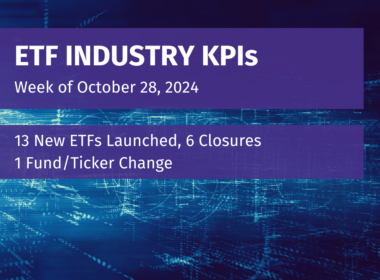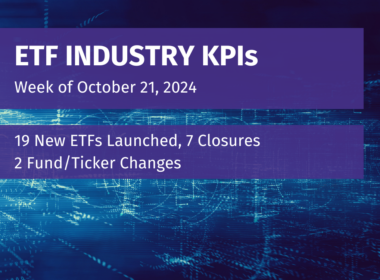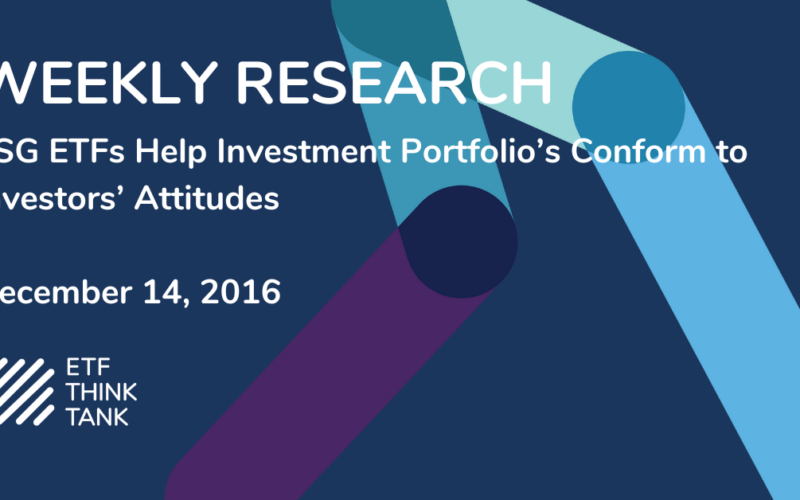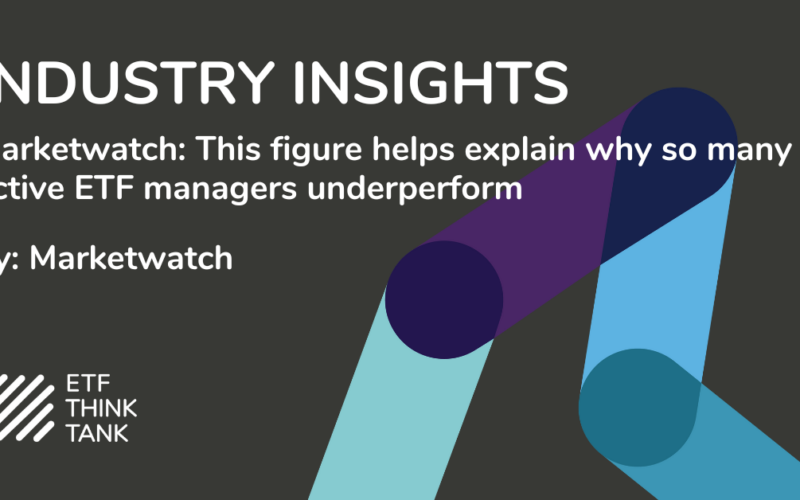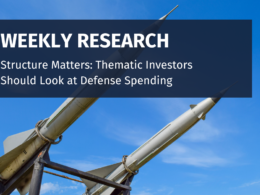As many seek to diversify their equity portfolios, consider a sustainable investing exchange traded fund strategy that locks on the potential benefits of environmental, social and governance, or ESG, principles.
On the recent webcast (CE Credit available on-demand), The Untapped Potential of ESG Investing, Sharon French, Head of Beta Solutions at OppenheimerFunds, explained that there is growing demand for ESG investments in response to rising standards for corporate business practices, demographic shifts and investing preferences, regulatory and policy developments, global sustainability challenges, and greater accessibility and proliferation of ESG data.
Meanwhile, French mentioned that corporate business practices are changing as well to meet the shifting demand for more socially responsible investments. For example, more companies are reporting impact investing and social responsibility data as there is a growing body of research on the potential impact of ESG investing.
Among the various investor groups, the rising affluent millennial investor are showing a significant change in investment behavior, compared to their older counterparts. French pointed out that millennials are more likely to be interested in responsible investing than other generations, indicated they would like to work for an employer that makes a positive social impact and like investments with competitive returns that also promote positive social and environmental outcomes.
Financial advisors will undoubtedly be closely monitoring this rising group of investors as $30 trillion in wealth is expected to transfer from the Baby Boomer generation to their heirs.
“It’s important to recognize the critical role that Affluent Millennials will play,” French said. “They will eventually be put in charge of the family portfolios. Many of them plan to increase their allocations towards impact investing, which looks to provide societal or environmental benefits in addition to sustainable investment returns.”
Matthew C. Straut, Head of Registered Investment Advisor Channel at OppenheimerFunds, also argued that the millennial investor may have a much different investment mindset to older generations. For example, millennials are more likely to pull money away from companies that use animal testing, use tax minimization schemes and are in the news for wrong reasons. In contrast, those aged 36 or older are more likely to pull money away from companies linked to repressive regimes and associated with the pron/sex industry.
Michael Venuto, Co-Founder and CIO at Toroso Investments, has seen a shift in financial advisors’ perspective toward a more holistic investment management process. Venuto pointed out that popularity and conversations centered around ESG investing are accelerating among advisors and clients.
“ESG data and policies are here to stay and may become the norm for investment analysis and sere as indicators of future performance,” Venuto said.
In survey of financial advisors attending the webcast, 50% of respondents expect ESG strategies to enhance return over time, but 47% still require further education on the subject, which suggest that many are at least looking at the investment theme. About 55% of respondents also indicated that they expect to increase exposure to ESG strategies over the next 12 months while 45% expect to keep current holdings steady.
Vincent T. Lowry, Lead Portfolio Manager of OppenheimerFunds’ Revenue Weighted Strategies, laid out two two recently launched ESG ETFs – the Oppenheimer ESG Revenue ETF (NYSEArca: ESGL) and Oppenheimer Global ESG Revenue ETF (NYSEArca: ESGF) – for investors looking to target companies with sound ESG principles.
Specifically, ESGL targets broad U.S. large-caps through the S&P 500 but screens through Sustainalyics’ proprietary scoring system that focuses on those with positive ESG attributes and employs a revenue-weighted methodology.
ESGF, on the other hand, takes a global approach. The ETF tries to outperform the MSCI All Country World Index with strong ESG practices and re-weights companies based on revenue earned. MSCI ESG Research utilizes a proprietary ESG scoring system and screens companies based on Sharpe Ratio, a measure of risk-adjusted performance.




